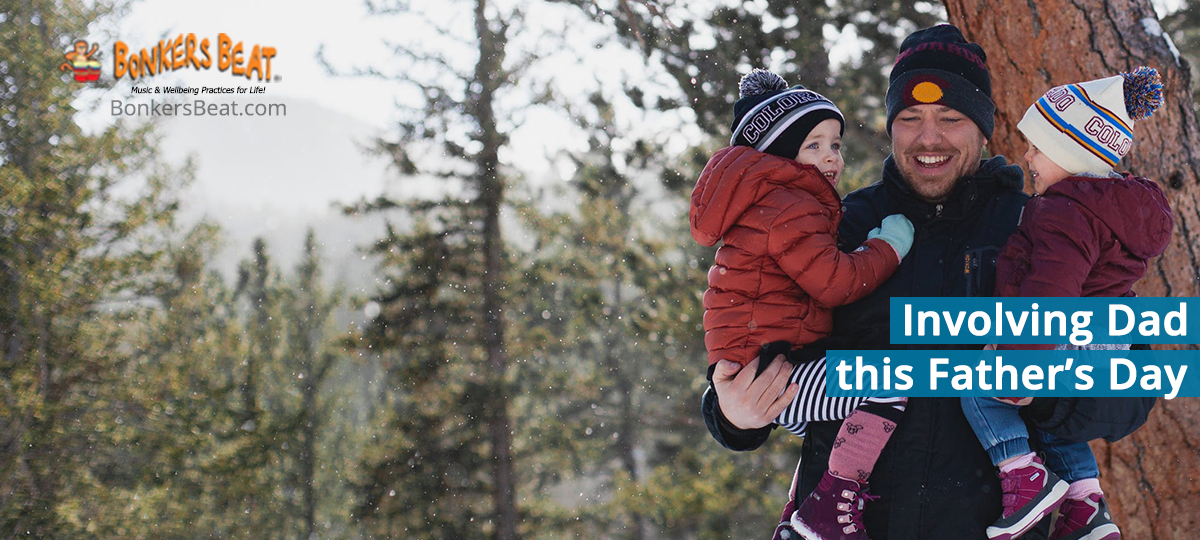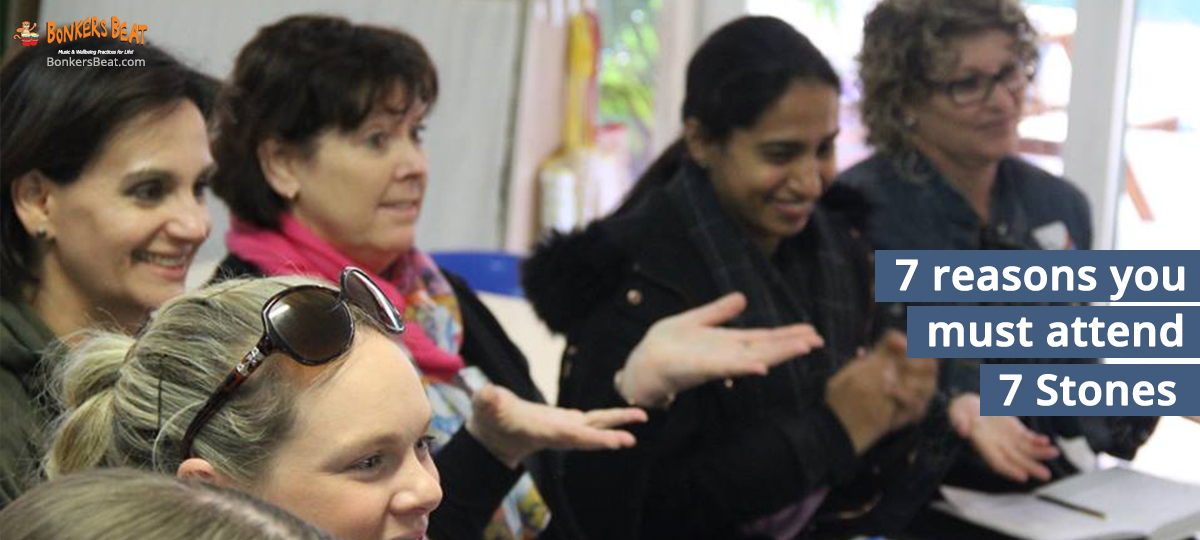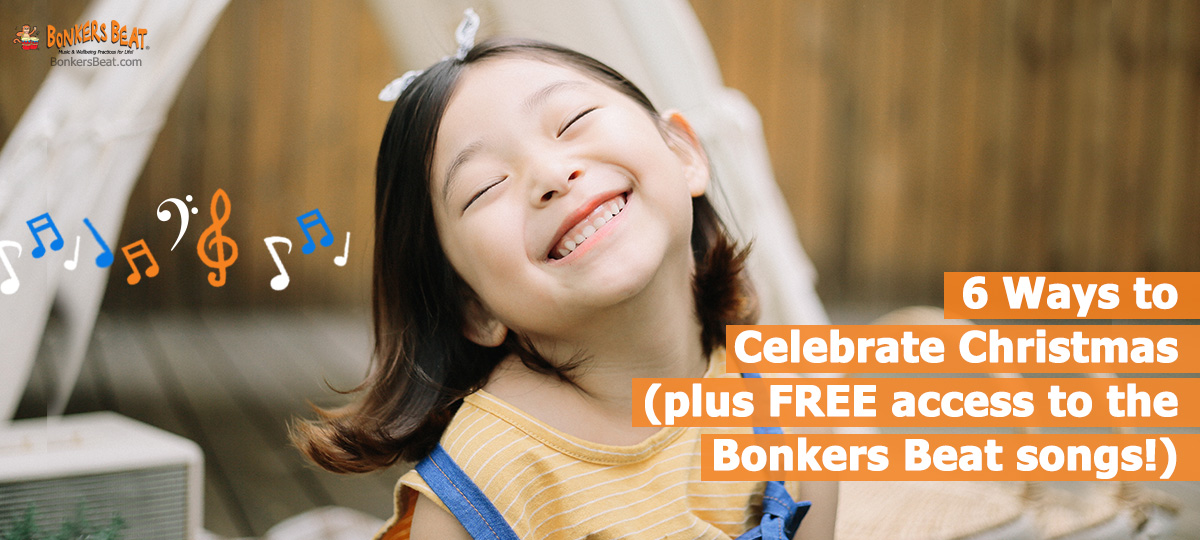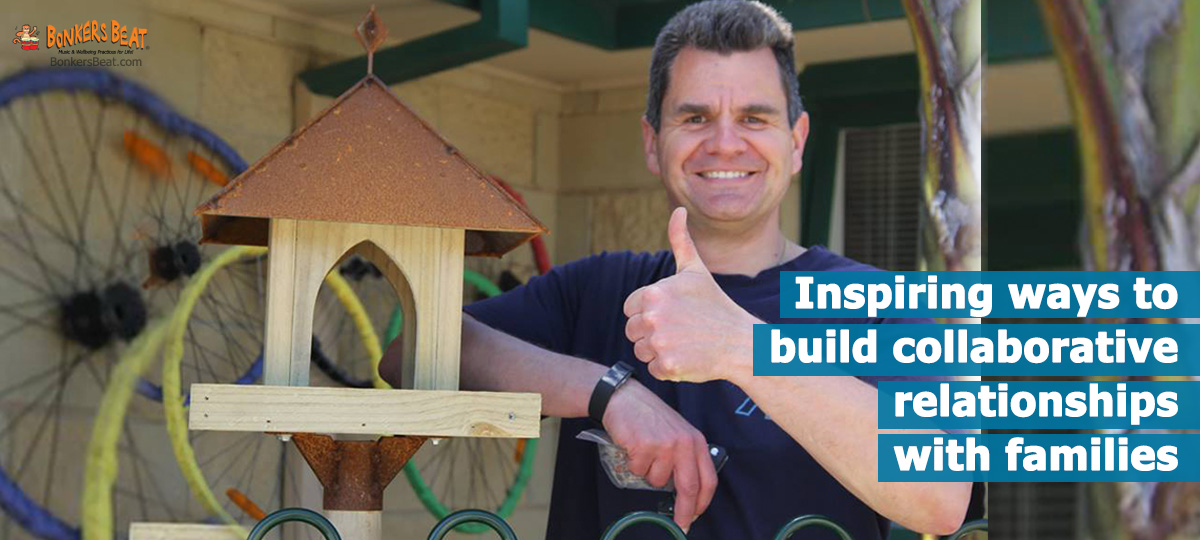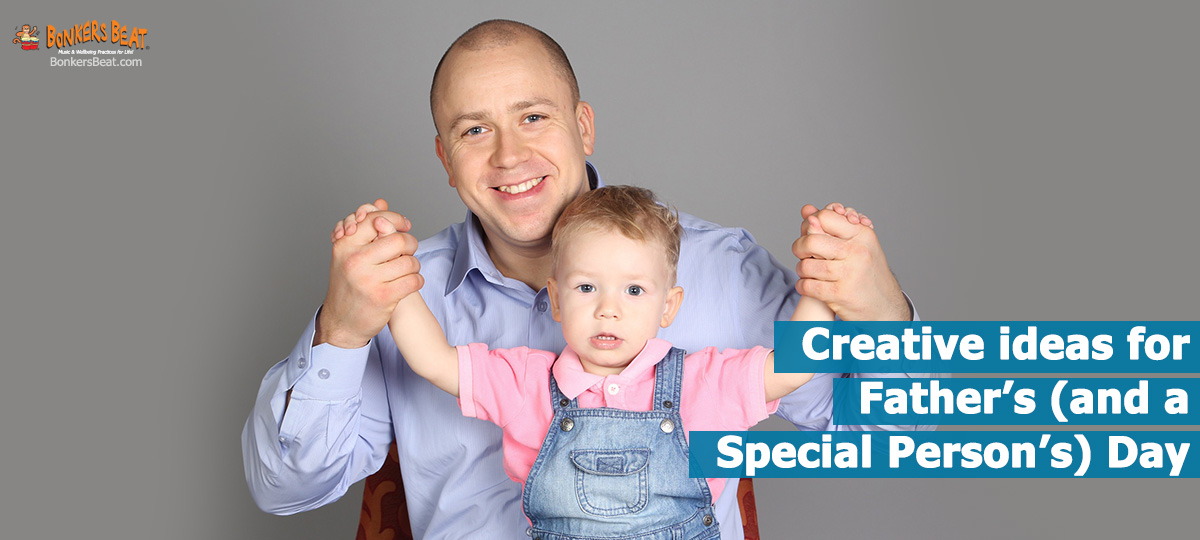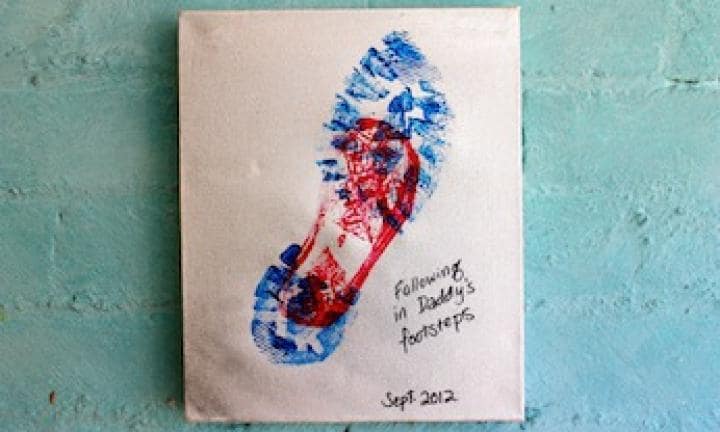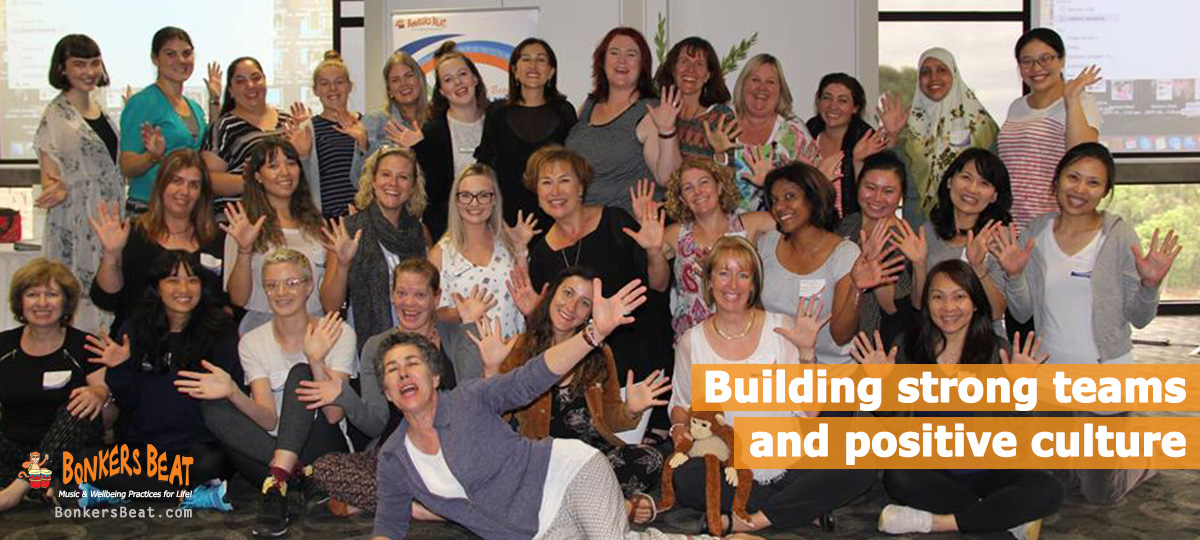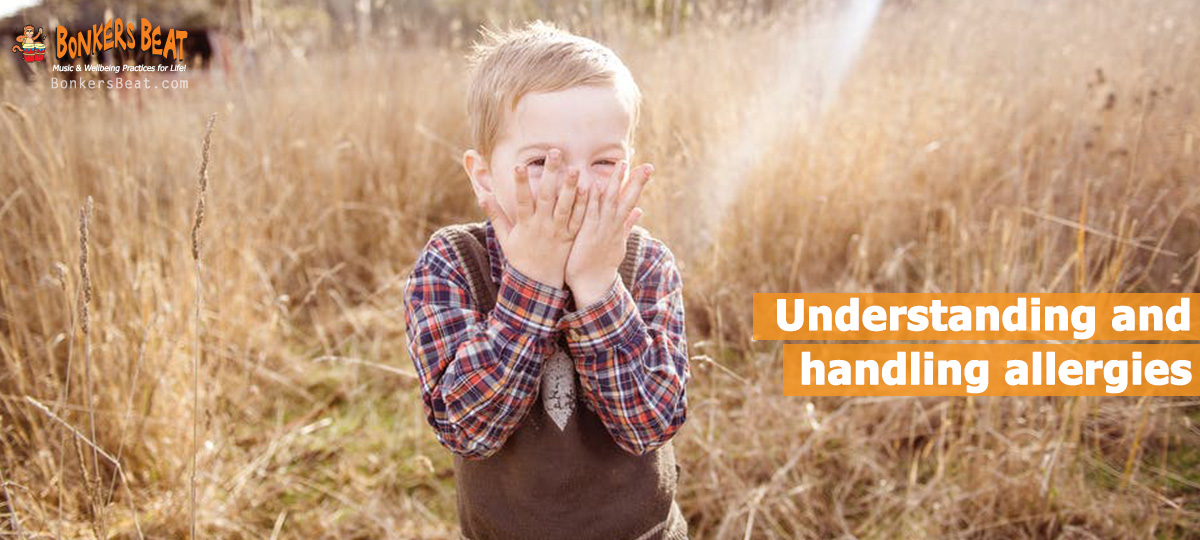Research has confirmed that involved dads are happier dads and the benefits for children are countless too. Improved wellbeing, cognitive, social, behavioural outcomes and more. With Father’s Day coming up on Sunday 1 September, it’s time to schedule a time at your childcare centre for dads!
While dads are welcome to get involved in aspects of their children’s early childhood education year-round, there’s something extra special about an invite just for them!
Dads and special male role models
To make sure your Father’s Day event at childcare is inclusive of all families, Dads and Special Friends Day or similar could be a more fitting name.
This can ensure that any special male role model feels welcome to attend. Extend the invitation out to uncles, step-dads, grandfathers or close family friends.
Finding the best time
Breakfast or afternoon tea are usually the best times. This allows for those who are working to only take an hour or two out of their working day to attend. Make sure you’ve got coffee on hand and a snack, like pastries, fruit or biscuits.
For those who can’t bring someone along for whatever reason, centre the day around creating a special gift for Father’s Day. Children who are flying solo through the event can focus on getting their gift looking fantastic ready to take home. Meanwhile, those who have dad in attendance on the day can work on something special together.
Craft Father’s Day ideas
Set up a few different craft stations so children can choose to rotate or stick to one they like.
Ideas you could try include:
Portrait painting: Set up some easels and smocks and get children to paint dad! Guaranteed to be adorable and/or hilarious!
Handprint art: Paint the palm of dad’s hand and have him make a print on paper. Then get the children to do a handprint on top, creating a memorable piece of art to cherish — their hands don’t stay that small for long!
Jar plants: A big bucket of soil, some succulent cuttings and recycled jars are all you need for children and their dads to get planting together. Add in some glue and bits and pieces to decorate the jar for extra fun.
Musical fun on Father’s Day
Every day is a good day for music, and Father’s Day is no exception! Bonkers Beat children love singing songs and reciting poems. Not only does this create a sense of celebration and fun, but it also boosts children’s confidence and ability to perform in
front of a crowd. A very useful skill for life!
To help children gain a love of poetry, Bonkers hopes you enjoy this special Father’s Day gift – a special poem called ‘My Daddy’. Click here to access.
One last thing – Don’t forget to take pictures on the day!
Take a look at our Father’s Day childcare celebration in 2018 at Bonkers Beat Music Kinder here.

